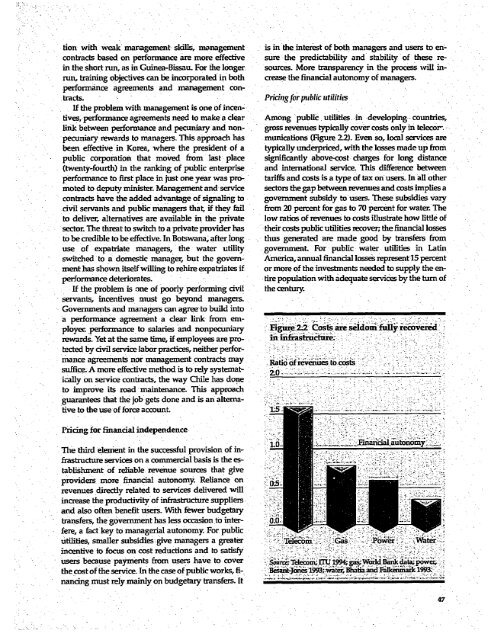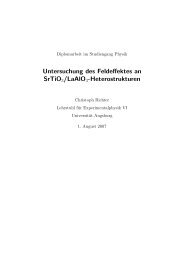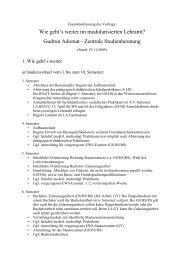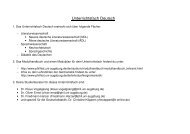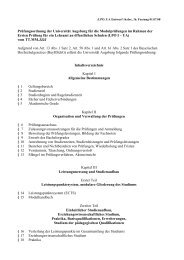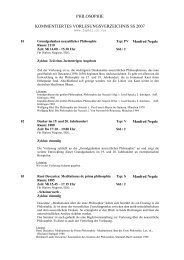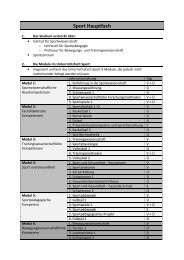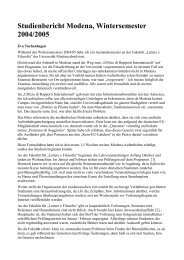ASi" kUCTURE FlOR DEVELOPMENT
ASi" kUCTURE FlOR DEVELOPMENT
ASi" kUCTURE FlOR DEVELOPMENT
You also want an ePaper? Increase the reach of your titles
YUMPU automatically turns print PDFs into web optimized ePapers that Google loves.
tion with weak management skills, management is in the interest of both managers and users to encontracts<br />
based on performance are more effective sure the predictability and stability of these rein<br />
the short run, as in Guinea-Bissau. For the longer. sources. More transparency in the process will inrun,<br />
training objectives an be incorporated in both crease the financial autonomy of managers.<br />
performance agreements and management contracts.<br />
Pricingfor public utilities<br />
If the problem with management is one of incentives,<br />
performance agreements need to make a dear Among public. utilities in developing countries,<br />
link between performance and pecuniary and non- gross revenues typically cover costs only in telecor<br />
pecuniary rewards to managers- This approach has munications (Figure) 2). Even so, local services are<br />
been effective in Korea, where the president of a typically underpriced, with the losses made up ftom<br />
public corporation that moved from last place significantly above-cost charges for long distance<br />
(twenty-fourth) in the ranking of public enterprise and international service. This difference between<br />
performance to first place in just one year was pro- tariffs and costs is a type of tax on users. In all other<br />
moted to deputy minister. Management and service sectors the gap between revenues and costs implies a<br />
contracts have the added advantage of signaling to government subsidy to users. These subsidies vany<br />
civil servants and public managers that, if they fail from 20 percent for gas to 70 percent for water. The<br />
to deliver, alternatives are available in the private low ratios of revenues to costs illustrate how little of<br />
sector. The threat to switch to a private provider has their costs public utilities recover the financial losses<br />
to be credible to be effective. In Botswana, after long thus generated are made good by transfers from<br />
use of expatriate managers, the water utiliy govermenL For public water utilities in Latin<br />
switched to a domestic manager, but the govern- America, annual financial losses represent 15 percent<br />
ment has shown itself willing to rehire expatriates if or more of the invesbnents needed to supply the enperformance<br />
deteriorates.<br />
tire population with adequate services by the tum of<br />
If the problem is :ne of poorly periforming civil the century<br />
servants, incentives must go beyond managers.<br />
Governments and managers can agree to build into<br />
a perfornance agreement a clear link from em- -<br />
ployee performance to salaries and nonpectiniary ftgure 22 doli;ae sddoni fuill ei<br />
rewards. Yet at the same time, if employees arepro- iiaucture -<br />
tected by civil service labor practices, neither performance<br />
agreements nor management contracts mayf i&-to cot<br />
suffice. A more effective method is to rely systemat- -; - ---<br />
ically on service contracts, the way Chile has done -<br />
to improve its road maintenance. This approach<br />
guarantees that the job gets done and is an alternative<br />
to the use of force account.<br />
Pricing for financial independence<br />
The third eleient in the successful provision of infrastructure<br />
services on a commercial basis is the establishment<br />
of reliable revenue sources that give -. -<br />
providers more financial autonomy. Reliance on<br />
revenues directly related to services delivered will -<br />
increase the productivity of infrastructure suppliers.<br />
and also often benefit users. Wit fwer budgetary -<br />
transfers, the government has less occasion to inter- 0.0<br />
fere, a fact key to managerial autonomy. For public IMF :<br />
utilities, smaller subsidies give managers a greater Tio a Gas -<br />
Wate<br />
incentive to focus on cost reductions and to satsfy ------<br />
users because payments from users have to cover :- ircTele rilU 1994 gas; WorldBnkdata poweh&<br />
the cost of the service In the case of public works, fi- - onesiit-Joit sI993,Watet Bha .tiaa993.-<br />
nancing must rely mainly on budgetary transfers. It -' -. --<br />
47


